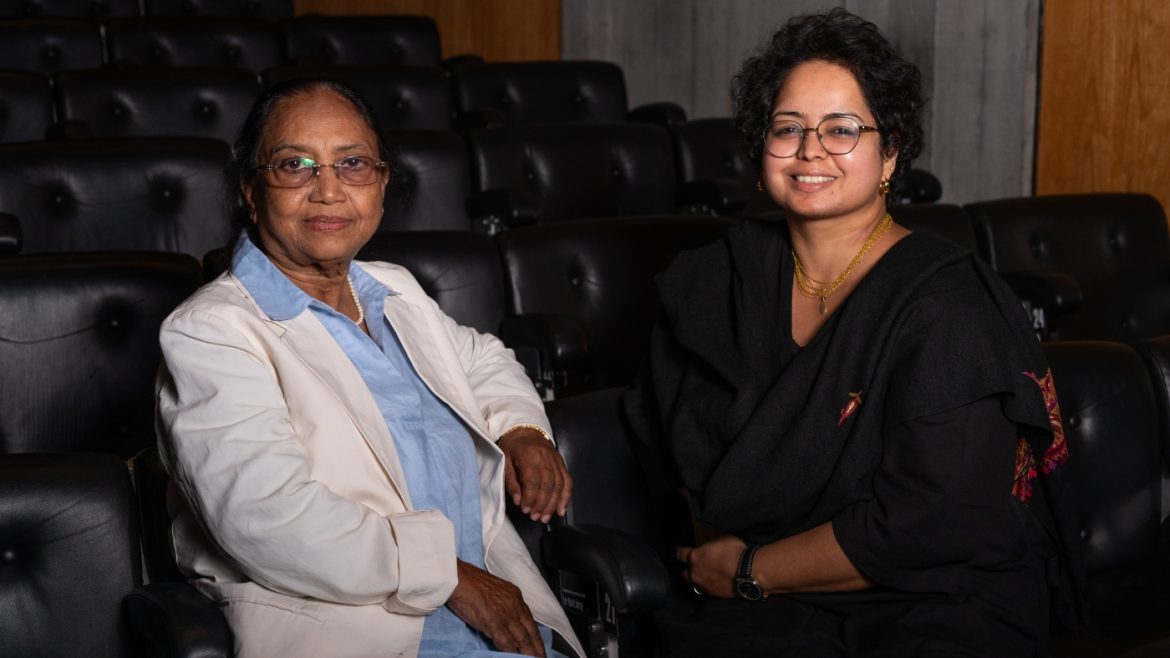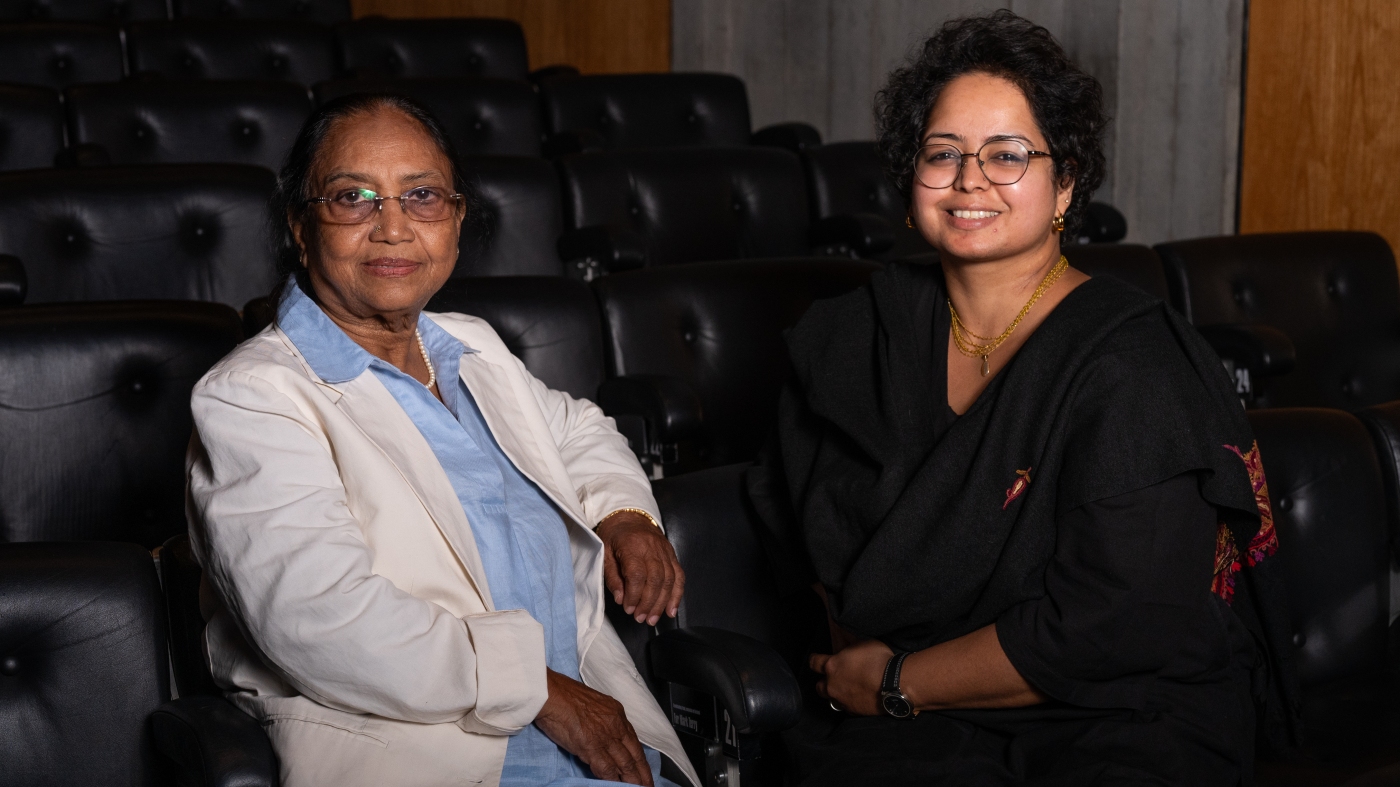Illuminating Marginalized Lives: The Impact of *Heart Lamp* in Contemporary Literature
Introduction: A New Beacon in World Literature
*Heart Lamp*, a collection of twelve short stories by Indian author Banu Mushtaq, has captured the global literary spotlight by winning the 2025 International Booker Prize. This achievement marks several historic milestones: it is the first short story collection and the first work originally written in Kannada to receive this prestigious accolade. Translated into English by Deepa Bhasthi, *Heart Lamp* offers a vivid, poignant glimpse into the everyday lives, struggles, and resilience of Muslim women and girls in the southern regions of India. Through its compassionate storytelling, the book blends social critique with intimate portrayals, shedding light on communities often marginalized in literature and society.
Exploring the Fabric of Muslim Women’s Lives in Southern India
A Mosaic of Stories Over Three Decades
*Heart Lamp* is composed of stories penned over more than thirty years (1990–2023), reflecting evolving social and personal landscapes. Each narrative is a thread in the rich tapestry of female experience within predominantly Muslim, patriarchal, and caste-conscious environments. Mushtaq’s work reveals the interplay between family dynamics, societal expectations, religious identity, and the complex forces of caste and class.
The Subtle Power of Everyday Moments
Critics and the Booker Prize judges have praised the collection for its “extraordinary everyday” insights—stories that slice through the fault lines of caste, class, and religion with dry, gentle humor and sharp social observation. Instances such as the jealousy between a woman and her mother-in-law over a husband’s affections, or the intimate depiction of friendships and community ties, convey universal human emotions set in a specific cultural milieu.
Feminism, Resistance, and Faith
Mushtaq’s background as a lawyer and women’s rights activist informs her literary voice. Her stories not only document but also resist pervasive social injustices, including caste and religious oppression. The characters are often caught between retaining faith and confronting patriarchy and marginalization, producing narratives that are as much about resilience as they are about hardship.
The Role of Translation: Bringing *Heart Lamp* to a Wider Audience
Deepa Bhasthi’s Artful English Translation
Crucial to the international success of *Heart Lamp* is Deepa Bhasthi’s translation, which preserves the nuance, cultural specificity, and emotional depth of the original Kannada text. By maintaining the authenticity of voice and context, Bhasthi enables global readers to engage empathetically with the stories. This partnership between author and translator highlights the importance of translation in amplifying underrepresented voices on the world stage.
Kannada Literature’s Global Moment
The recognition of *Heart Lamp* as the first Kannada book shortlisted and subsequently winning the International Booker Prize is a landmark for the region’s literary tradition. It brings Kannada literature out of relative obscurity and initiates broader conversations about linguistic diversity and cultural specificity in global literature.
Social and Literary Significance of *Heart Lamp*
Bringing Marginalized Voices to the Forefront
The collection’s focus on Muslim women—their aspirations, conflicts, and everyday realities—fills a significant gap in Indian and world literature. Often sidelined figures, these women’s experiences confront layered oppressions of caste, class, and gender. Mushtaq’s stories serve as a valuable social document as well as compelling fiction, offering perspectives that challenge stereotypes and simplify narratives.
Elevating Short Story Collections in Literary Awards
*Heart Lamp* is notable not only for its subject matter but for its form. The International Booker Prize had historically favored novels; awarding a short story collection signals increased recognition of this literary form’s power to distill complex social issues in concise, potent narratives. This opens doors for other collections and diverse narrative styles in international literary recognition.
Humour and Tenderness as Devices of Storytelling
Mushtaq’s writing is lauded for its “dry and gentle humour,” which balances the weight of social critique with liveliness and warmth. This approach deepens readers’ connection to the characters and highlights the contradictions and nuances of life in marginalized communities without resorting to despair or didacticism.
Conclusion: *Heart Lamp* Shines Beyond Borders
Banu Mushtaq’s *Heart Lamp* emerges not just as a literary triumph but as a cultural milestone. By presenting authentic, multifaceted stories of Muslim women in southern India, the collection challenges existing literary and social paradigms. Its success marks a moment of recognition for Kannada literature and for the transformative power of translation in bridging cultures. More than just a prize-winning book, *Heart Lamp* is a beacon illuminating voices that have long been in the shadows—encouraging readers worldwide to witness, understand, and engage with narratives of resilience, faith, and the everyday reality of those living on society’s margins.


